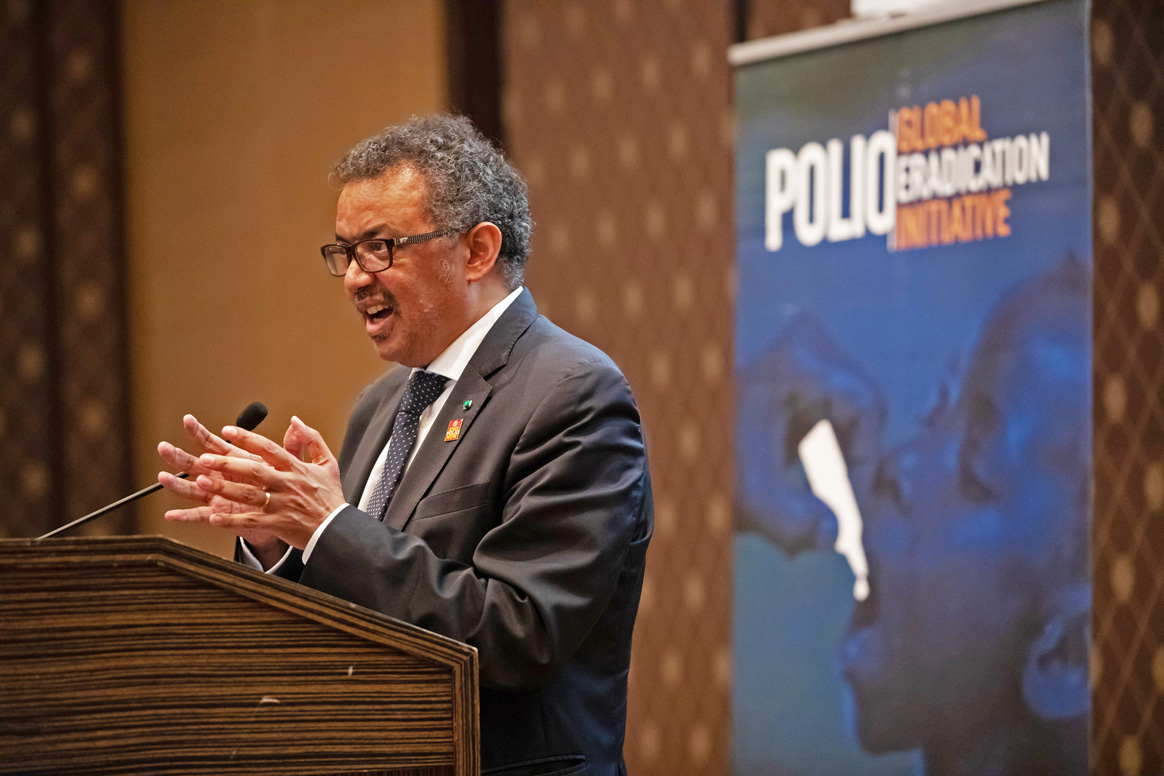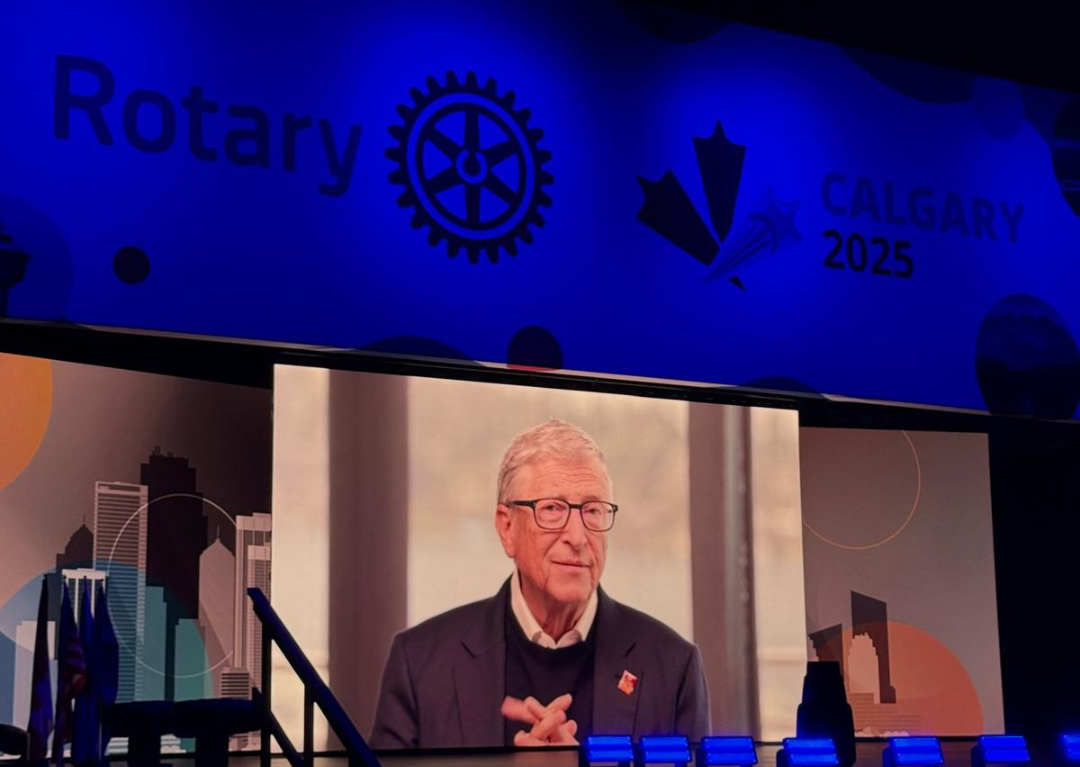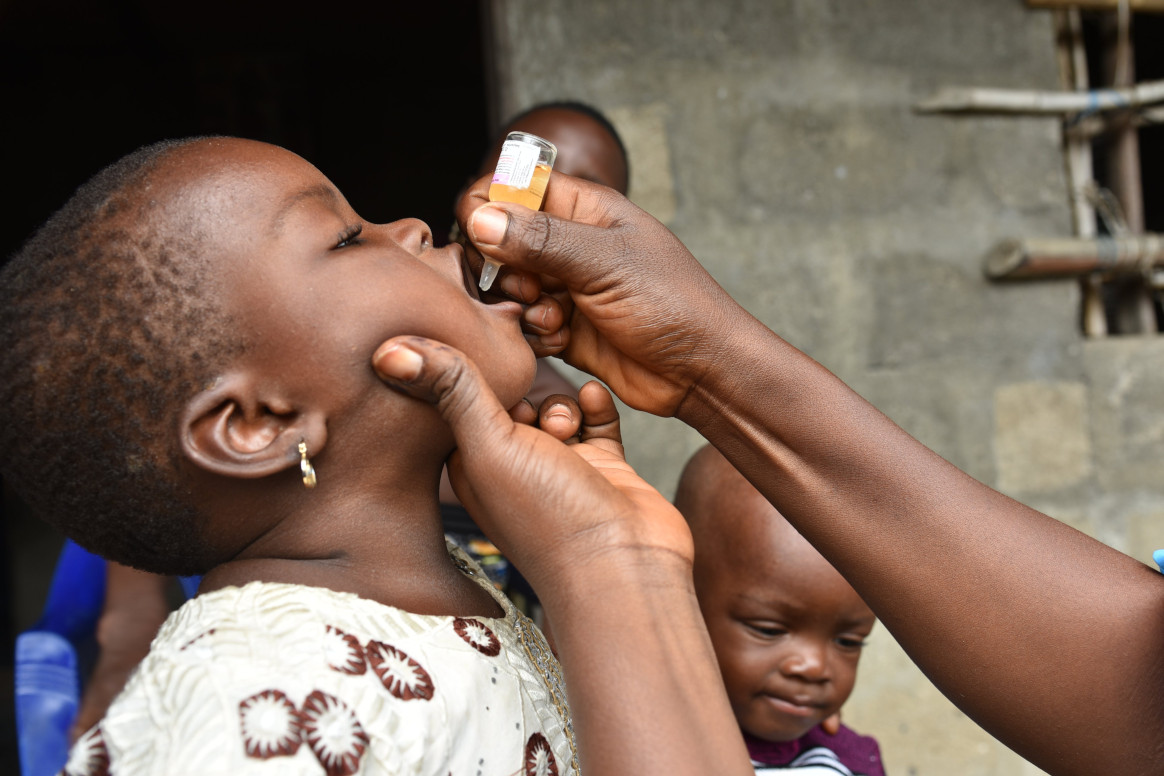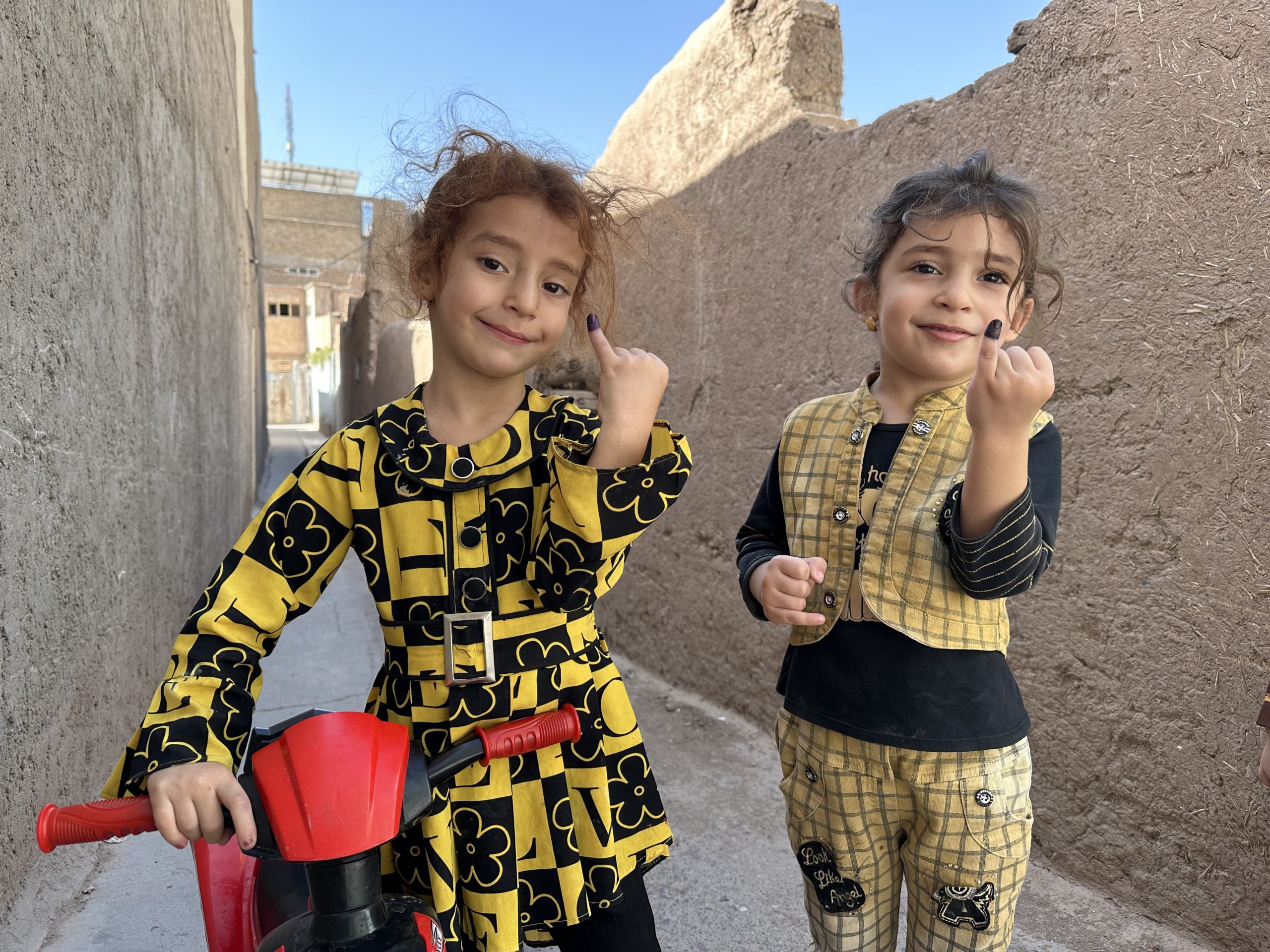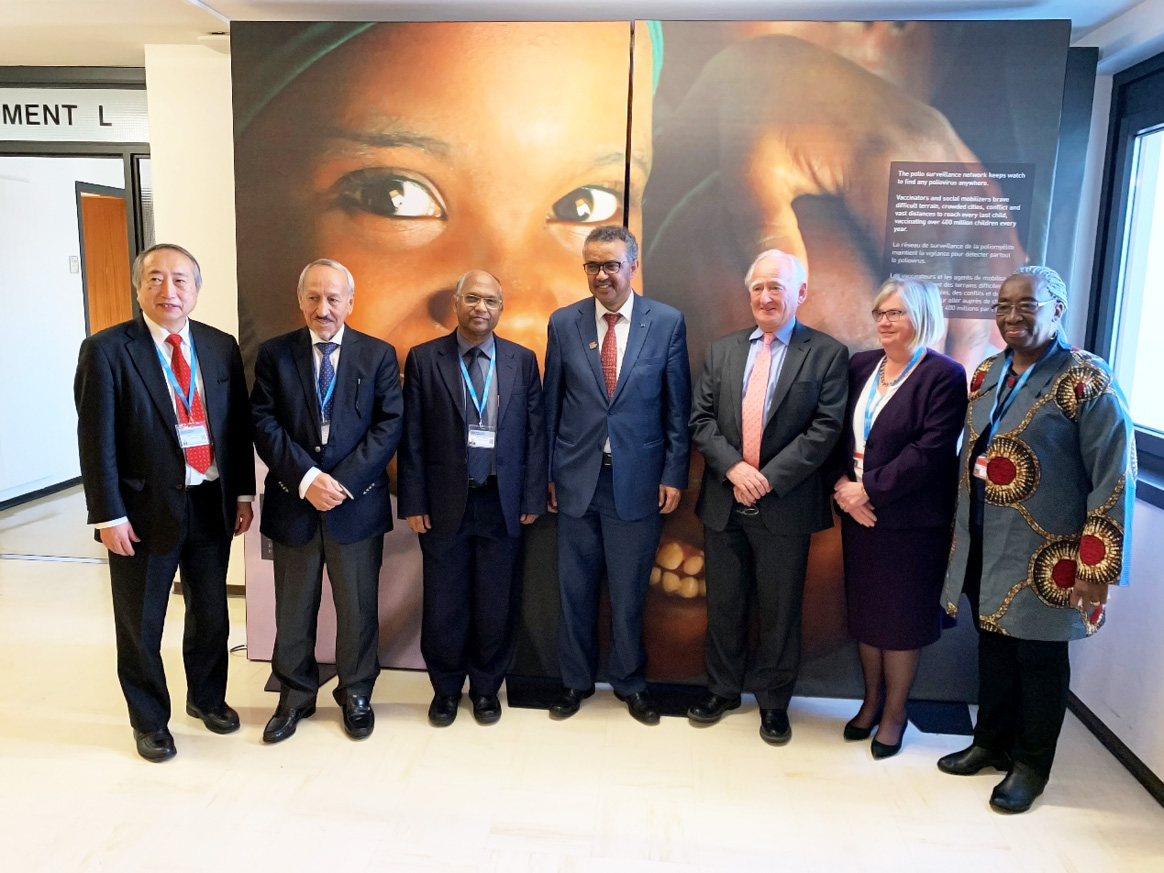
On 28-29 June 2022, the Global Commission for Certification of Poliomyelitis Eradication (GCC) met in-person in Geneva, Switzerland, to review the global criteria set for poliovirus certification. The work of the GCC, and the six Regional Certification Commissions (RCCs) is critical to independently verifying the achievement of a world free of all polioviruses. Five of six WHO Regions are certified wild poliovirus-free and two of three strains of wild poliovirus are certified as globally eradicated.
The GCC reviewed the latest global epidemiology, both of wild and vaccine-derived polioviruses (VDPVs), and examined remaining challenges such as subnational surveillance and immunity gaps, and recent and high-profile virus detections, including from Malawi, Mozambique, the UK, Israel and Ukraine.
The GCC noted the epidemiological opportunity that has presented itself in Pakistan and Afghanistan to finally interrupt wild poliovirus. The group cautioned, however, that any remaining immunity gap now poses a significant risk to success, as evidenced by the recent outbreak of wild poliovirus type 1 in North Waziristan, Khyber Pakhtunkhwa, Pakistan.
Recognizing programme advancements in genomic analysis and that widespread use of environmental surveillance in many countries means that confidence in achievement of eradication could come sooner than the traditional three years, the Commission concluded that the traditional approach to certification may no longer be justifiable to verify the absence of wild poliovirus transmission. Historically, Regions had to provide evidence of three years, without detection of wild poliovirus, from any source. Instead, the GCC is recommending the adoption of a ‘flexible’ approach to certification, by examining traditional surveillance indicators in a broader geo-political, area-specific context.
“The world has seen tremendous changes in this third decade of the 21st century, and the old rules may no longer necessarily apply,” commented Professor David Salisbury, Chair of the GCC. “We have to recognize that different geo-political realities affect countries – and subsequently health system performance – in very individual manners. Therefore, we must also look at each area in a very individual and targeted manner, to determine the most effective certification criteria that should be applied. Our aim must be clear: to fully verify, independently and in the most certain manner, that wild polioviruses have indeed been eradicated. And how to do that, is precisely what our group’s discussions this week have focused on.”
The aim of the global eradication effort is of course to ensure that no child will ever again be paralysed by any form of poliovirus, be it wild- or vaccine-derived. To this effect, another focus of the meeting was to discuss concrete criteria for the eventual verification of VDPVs, including the necessary timelines that might be needed without detection of circulating VDPV from any source, following the global cessation of use of oral polio vaccines from routine immunization programmes.
The full report from the GCC’s meeting will be made available over the coming weeks at www.polioeradication.org.
